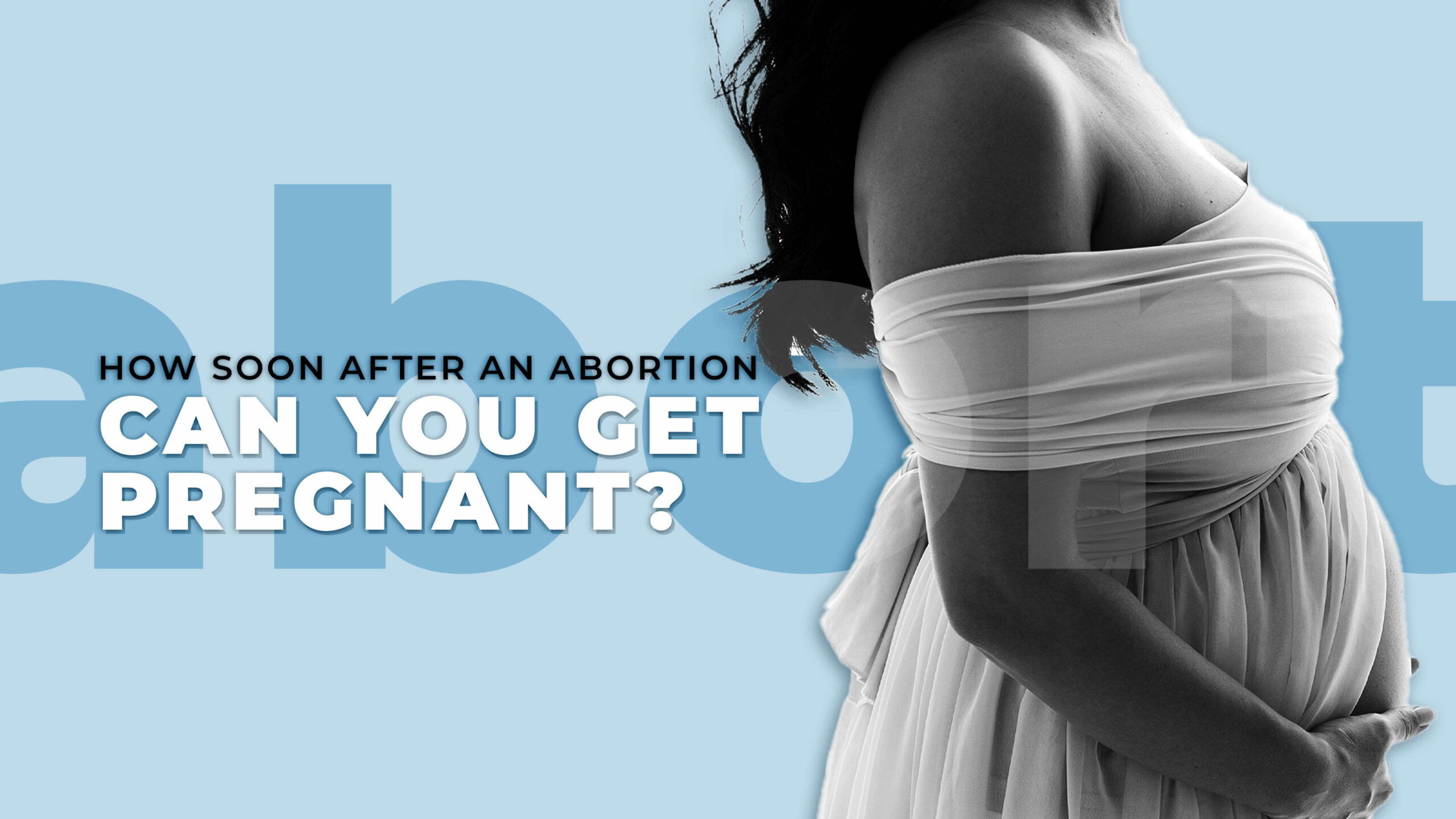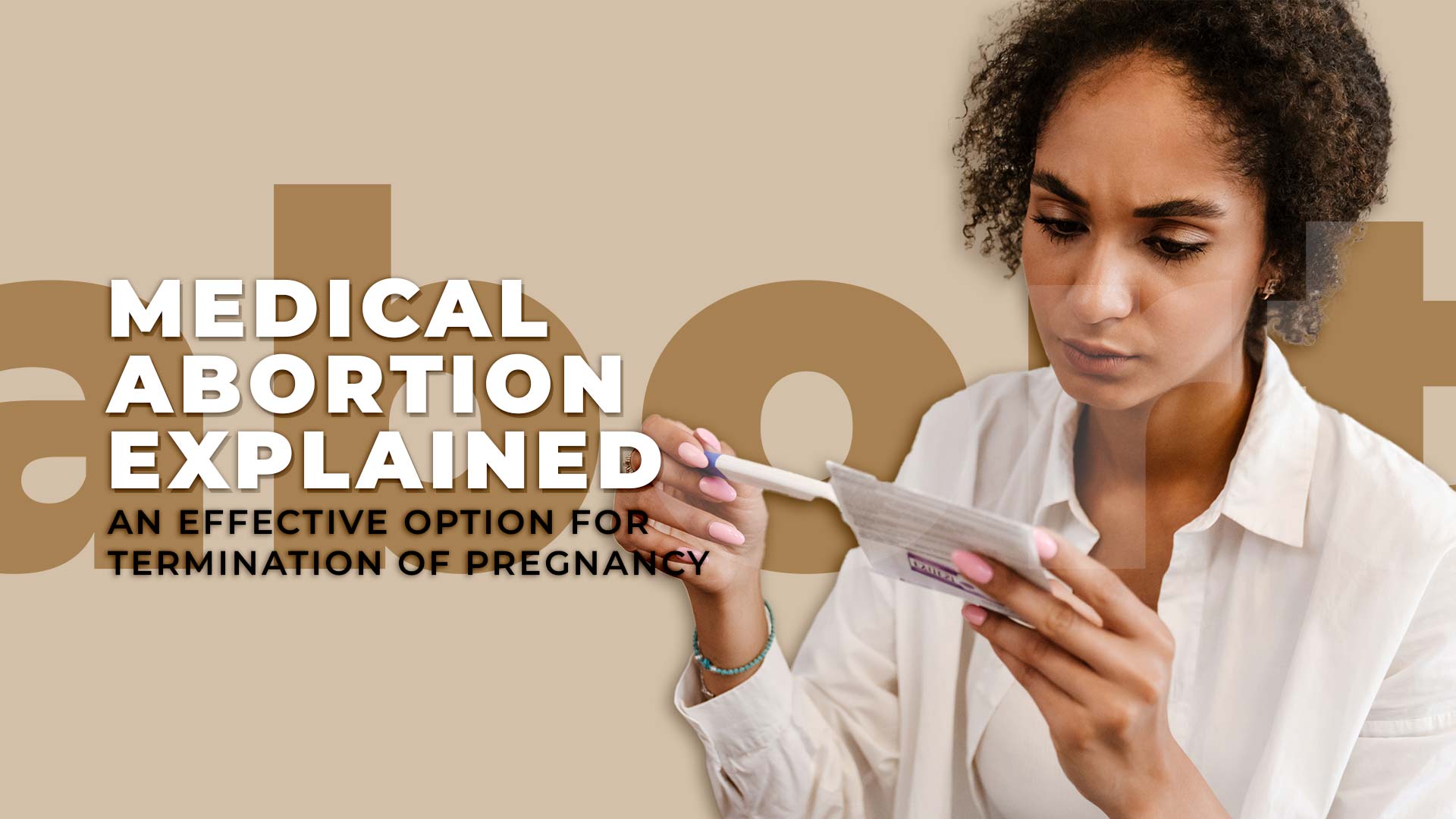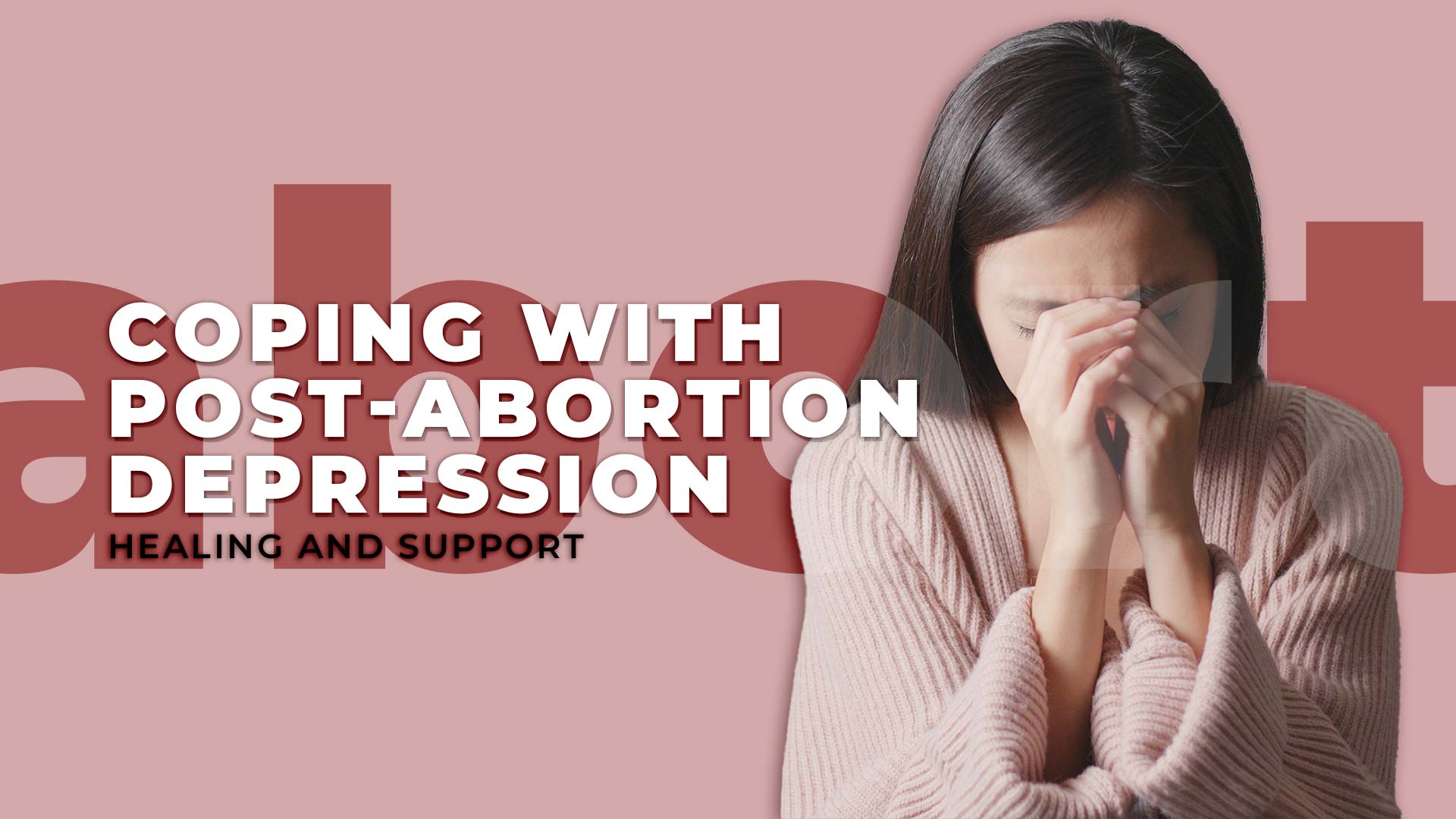It’s normal to have concerns about the impact of a previous abortion on your ability to conceive, regardless of whether it was 10 years or 10 months ago. Abortion can raise several queries, such as the procedure’s workings, post-procedure expectations, and potential effects on future fertility.
After an abortion, it is possible to conceive again as soon as you have your next menstrual period. However, the timing of your next menstrual period may vary, and it is not uncommon for periods to be irregular or missed after an abortion. Usually, 4 to 8 weeks following your abortion, you’ll get your first period again[3]. Your initial cycles are probably heavier and last longer than usual. Furthermore, it’s typical to pass more clots than usual. Your lack of menstruation could be justified if you began hormonal contraception around the time of your abortion. Your menstruation may stop or vary if you use some hormonal contraceptives.
For those who aim to conceive shortly after an abortion or intend to prevent pregnancy, below is additional information about what to anticipate in the weeks and months following the procedure.
Does abortion affect the fertility of a woman?
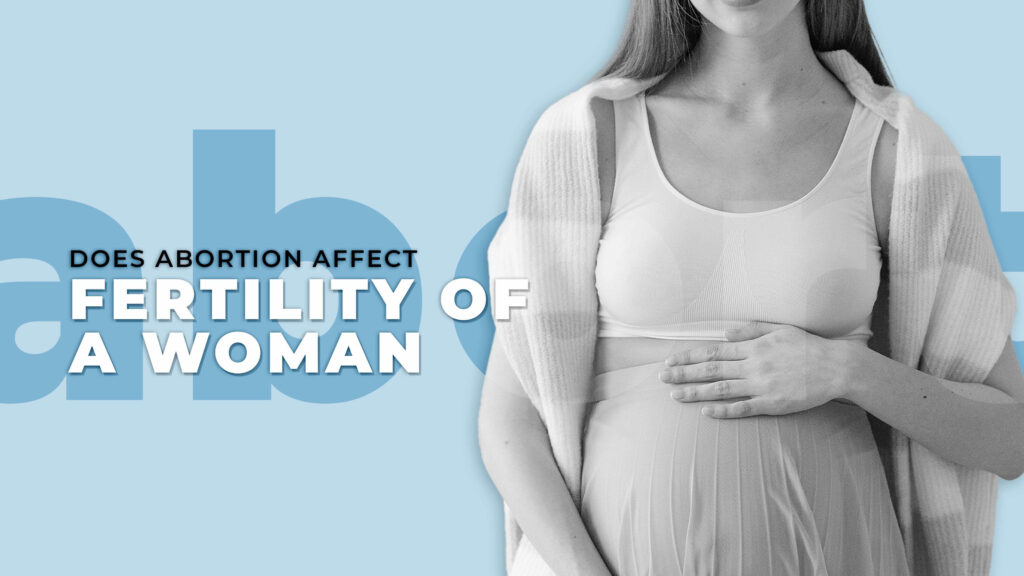
In most cases, having an abortion does not affect a woman’s ability to become pregnant or have a successful pregnancy in the future. The majority of women who have had an abortion are able to conceive and carry a pregnancy without any difficulty. A study comprising of 54,911 abortions among 50,273 women revealed that complications were reported in a mere 2.1% of cases, with only 0.23% of cases being serious.
However, there are some factors that can affect a woman’s fertility after an abortion. For example, if the abortion was incomplete or if there were complications during the procedure, it is possible that the uterus or other reproductive organs were damaged. This can affect a woman’s ability to conceive and carry a pregnancy to term. Additionally, certain medical conditions or underlying health issues can affect a woman’s fertility, and these conditions may be more common in women who have had an abortion. For example, women who have had multiple abortions or who have had an abortion at a later stage of pregnancy may be more likely to experience complications such as infection or scarring, which can affect fertility.
Can you get pregnant after an abortion?
Yes, it is possible to become pregnant after having an abortion. In most cases, having an abortion does not affect a woman’s ability to conceive and carry a pregnancy to term in the future[4]. Within two weeks of having an abortion, a woman can become pregnant. There is generally no medical reason to put off attempting to conceive again for individuals who are ready unless a doctor suggests otherwise. After an abortion, a woman doesn’t need to take any special precautions in order to get pregnant. Some medical professionals advise delaying until after the first menstrual cycle, though. This will make estimating the due date of the next pregnancy easier.
When is it safe to get pregnant after an abortion?
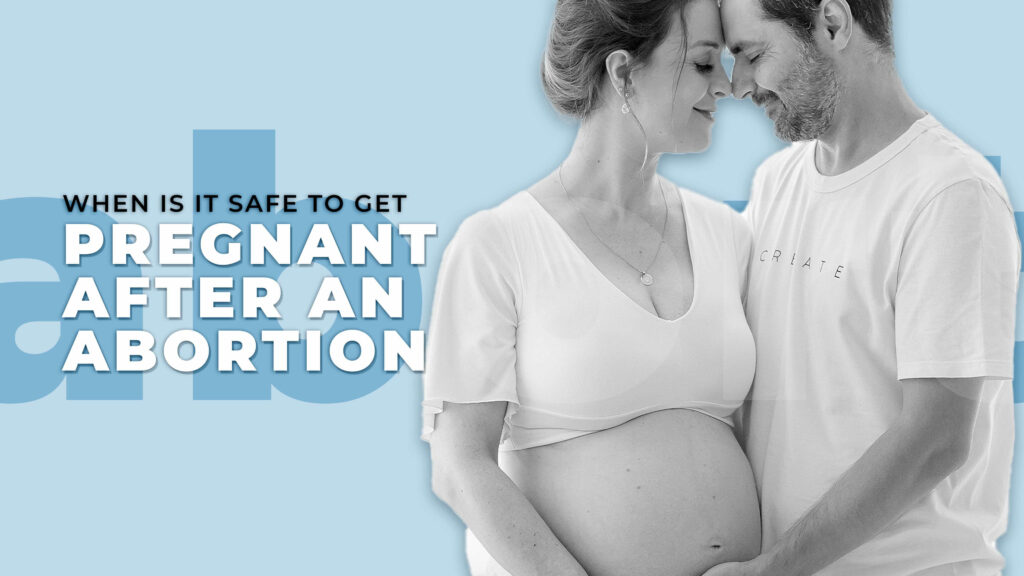
Every woman is different, and the amount of time it takes for the body to heal after an abortion can vary. It is typically recommended to wait at least three months after an abortion before trying to become pregnant again[5]. This allows the body time to heal and recover from the abortion and can help reduce the risk of complications during the next pregnancy.
If you are considering becoming pregnant again after an abortion, discussing your plans with a healthcare provider is important. They can provide guidance on when it is safe to try to become pregnant again and can help you understand the potential risks and how to reduce them. They can also provide support and guidance throughout your pregnancy to help ensure a healthy and successful outcome.
Are pregnancy tests accurate after an abortion?
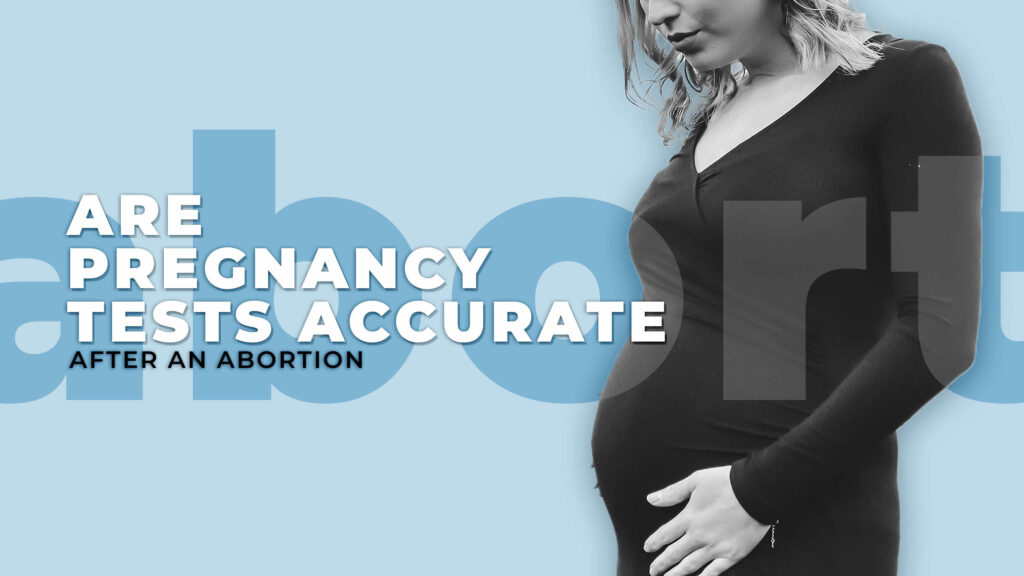
Most pregnancy tests work by detecting the presence of the hormone human chorionic gonadotropin (hCG) in the urine or blood[6]. This hormone is produced by the placenta during pregnancy, and its levels typically increase over the first few weeks of pregnancy.
After an abortion, the levels of hCG in the body will decrease, but it can take some time for the levels to return to normal. If a pregnancy test is taken too soon after an abortion, it may still detect the presence of hCG and give a false positive result[7]. It is typically recommended to wait at least one to three weeks after an abortion before taking a pregnancy test. This allows the levels of hCG to decrease to a level that is no longer detectable by the test and can help ensure that the test is accurate.
If you are unsure when to take a pregnancy test after an abortion, or if you have any concerns about the accuracy of the test, discuss your concerns with a healthcare provider. They can guide when to take the test and help you understand the potential risks and how to reduce them.
Final Words
After an abortion, it is possible to become pregnant again as soon as you ovulate, which can occur as early as two weeks after the abortion. It is important to use contraception to prevent unwanted pregnancies. It is also necessary to follow up with your healthcare provider to ensure that the abortion was successful and that your health is good. Additionally, you should wait until you are emotionally and physically ready to engage in sexual activity.
References
- Blog: How long after an abortion can you get pregnant again? (no date) MSI. Available at: https://www.msichoices.org.uk/news/blog-how-long-after-an-abortion-can-you-get-pregnant-again/
- Clinical Practice Handbook for Safe Abortion. Geneva: World Health Organization; 2014. 1, PRE-ABORTION. Available from: https://www.ncbi.nlm.nih.gov/books/NBK190097/
- Purola E, Nerdrum T. Re-establishment of menstruation after abortion. Ann Chir Gynaecol Fenn. 1968;57(5):618-20. PMID: 5731341.https://pubmed.ncbi.nlm.nih.gov/5731341/
- Can having an abortion affect my fertility? (no date) NHS choices. NHS. Available at: https://www.nhs.uk/common-health-questions/womens-health/can-having-an-abortion-affect-my-fertility/
- DaVanzo, J., Hale, L. and Rahman, M. (2012) How long after a miscarriage should women wait before becoming pregnant again? multivariate analysis of cohort data from MATLAB, Bangladesh, BMJ Open. British Medical Journal Publishing Group. Available at: https://bmjopen.bmj.com/content/2/4/e001591#xref-ref-32-1
- Pregnancy test: Medlineplus medical encyclopedia (no date) MedlinePlus. U.S. National Library of Medicine. https://medlineplus.gov/ency/article/003432.htm
- Steier JA, Bergsjø P, Myking OL. Human chorionic gonadotropin in maternal plasma after induced abortion, spontaneous abortion, and removed ectopic pregnancy. Obstet Gynecol. 1984 Sep;64(3):391-4. PMID: 6462569. https://pubmed.ncbi.nlm.nih.gov/6462569/
- Haddad LB, Nour NM. Unsafe abortion: unnecessary maternal mortality. Rev Obstet Gynecol. 2009 Spring;2(2):122-6. PMID: 19609407; PMCID: PMC2709326. https://www.ncbi.nlm.nih.gov/pmc/articles/PMC2709326/
- Virk J, et al. (2007). Medical abortion and the risk of subsequent adverse pregnancy outcomes. DOI:10.1056/NEJMoa070445

